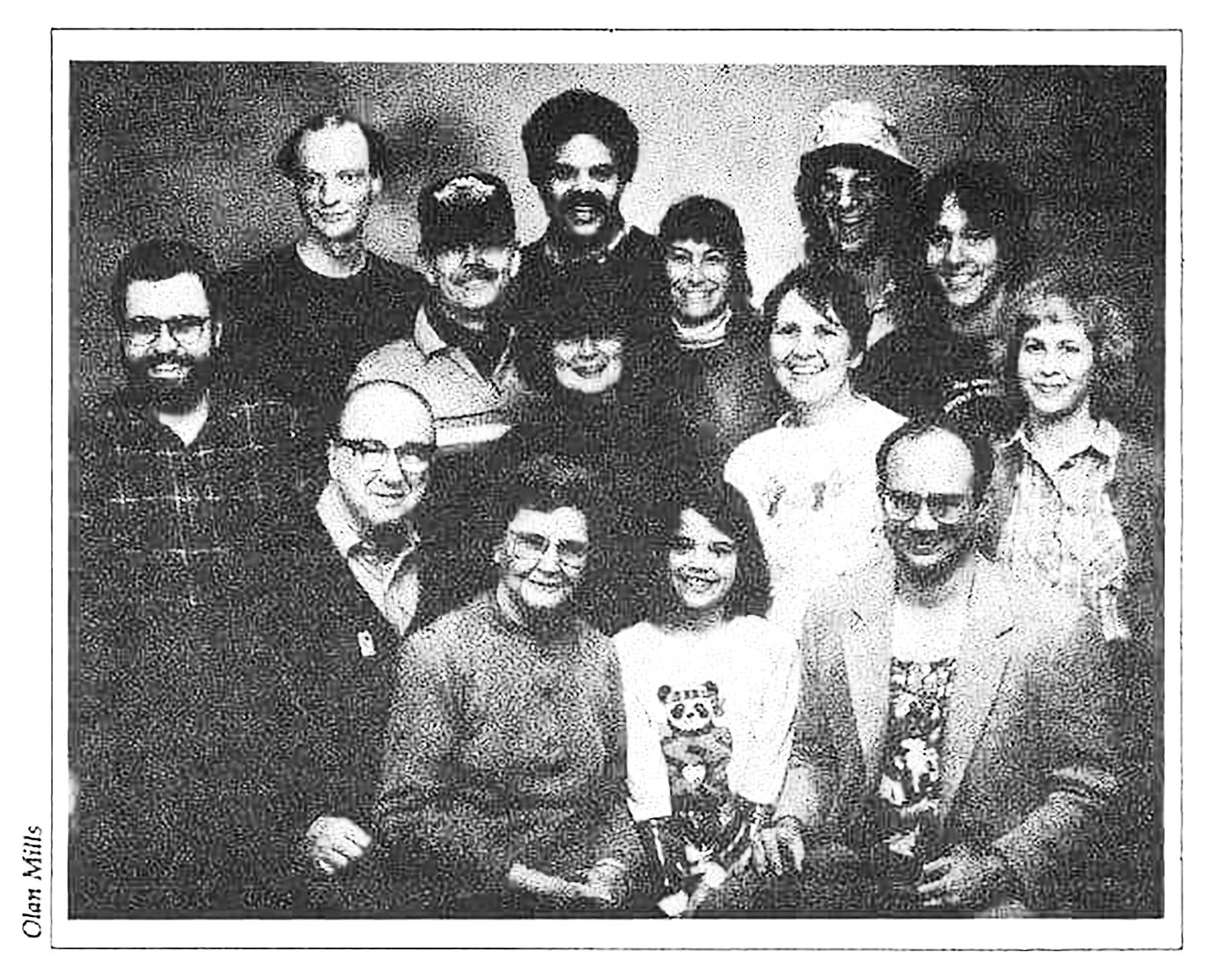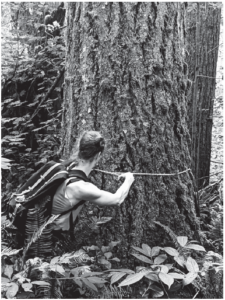The first time I submitted an article to Works in Progress, I was nervous. I had no idea who the editors were, or what the process for reviewing submissions was. Much to my surprise, a very friendly and encouraging person—Sylvia Smith—reached back to me. It turned out that, in contrast to what I was imagining, Works in Progress ran on a shoestring. A shoestring and at least a hundred hours per month of unpaid labor from the managing editor, plus the contributions of writers, artists, poets, photographers, tech savvy students, advertisers, proofreaders, distributors and many many others.

Rooted in Jesse Jackson’s Rainbow Coalition
As Dave Jette reminded readers in 2020, Works in Progress, or WIP, was founded by members of the Thurston County Rainbow Coalition in 1990 as their free monthly newspaper. The Thurston County coalition, like other Rainbow Coalitions around the country, sprang up after Jesse Jackson’s 1988 presidential campaign. Jackson lost to Michael Dukakis in the Democratic primary, but elements of his platform energized the social and political activists who started the paper:
- creating a Works Progress Administration-style program to rebuild America’s infrastructure and provide jobs to all Americans,
- reprioritizing the War on Drugs to focus less on mandatory minimum sentences for drug users (which he viewed as racially biased) and more on harsh punishments for money-laundering bankers and others part of the “supply” end of “supply and demand”
- reversing Reaganomics-inspired tax cuts for the richest ten percent of Americans and using the money to finance social welfare programs
- cutting the budget of the Department of Defense by as much as fifteen percent over the course of a Jackson administration
- declaring Apartheid-era South Africa to be a rogue nation
- instituting a nuclear freeze and beginning disarmament negotiations with the Soviet Union
- giving reparations to descendants of black slaves
- supporting family farmers by reviving many of Roosevelt’s New Deal–era farm programs
- creating a single-payer system of universal health care
- ratifying the Equal Rights Amendment
- increasing federal funding for public education serving children and providing free community college to all
- stricter enforcement of the Voting Rights Act and
- supporting formation of a Palestinian state.
Rainbow Coalitions elsewhere ended or morphed into other organizations. Here in Thurston County a unique paper continued to appear monthly with reports and reflections on many of the issues outlined in the platform. This clear mission likely helps to explain WIP’s success, along with our location in the state capital, on the doorstep of an experimental liberal arts college.
As the capital, Olympia has drawn or motivated people who are engaged in politics—whether as advocates, trouble makers, policy makers, activists, politicians or professional staff.
As for Evergreen, how many people who wrote, edited, distributed, cartooned, proofed, picked up papers at the printer, sold ads, took out ads, assisted with layout, etc. attended Evergreen or its Labor Education and Research Center? Or worked at Evergreen or lived with or worked with or loved someone who attended or worked there?
Maybe these things explain the continued contributions of talented, socially conscious and politically committed volunteers who produced and distributed a free paper filled with potent content relevant to this community for more than 30 years.
Or maybe it was the water.

Be First to Comment